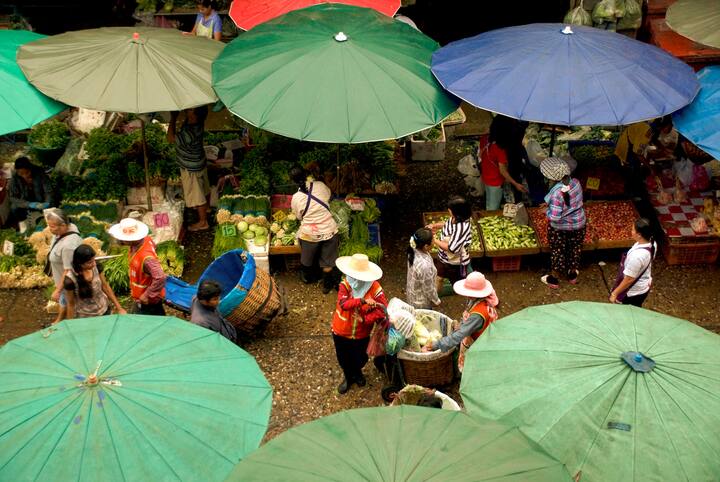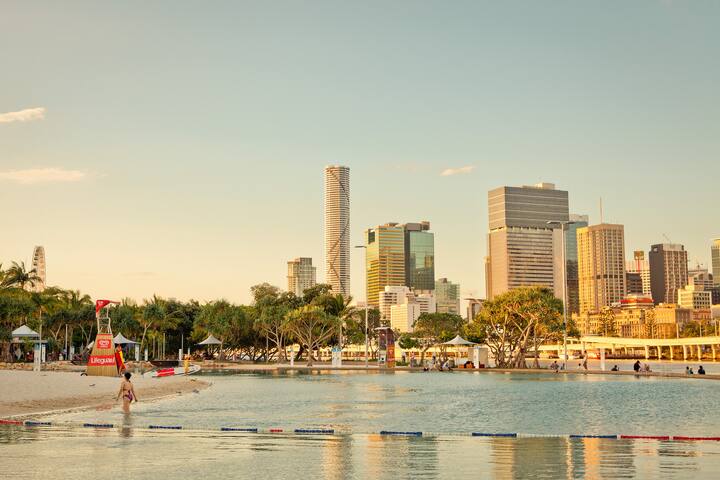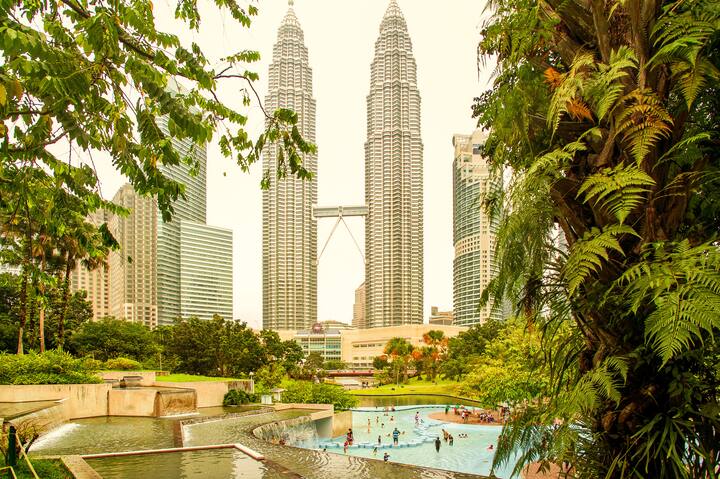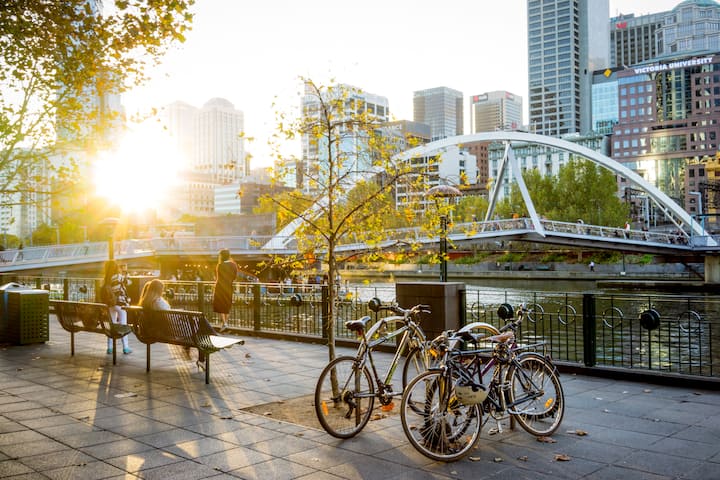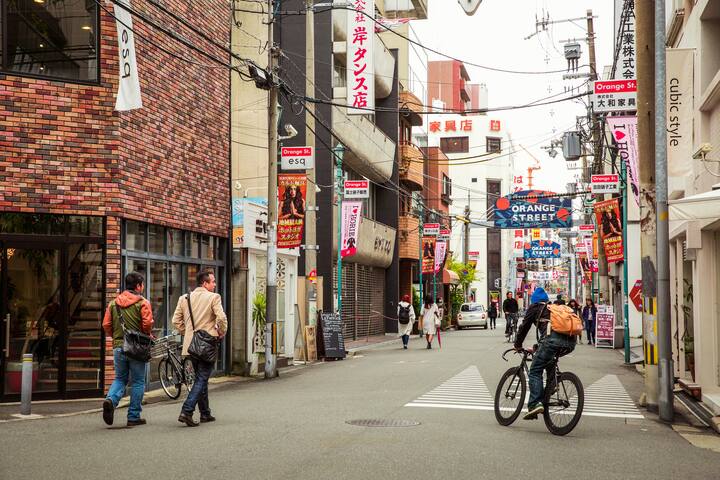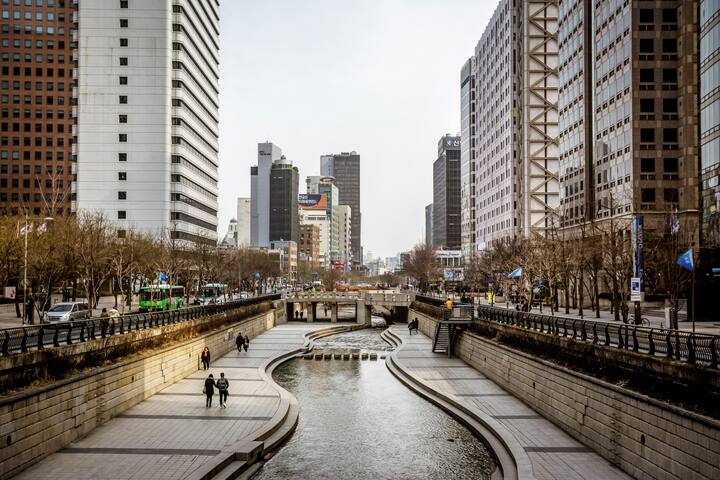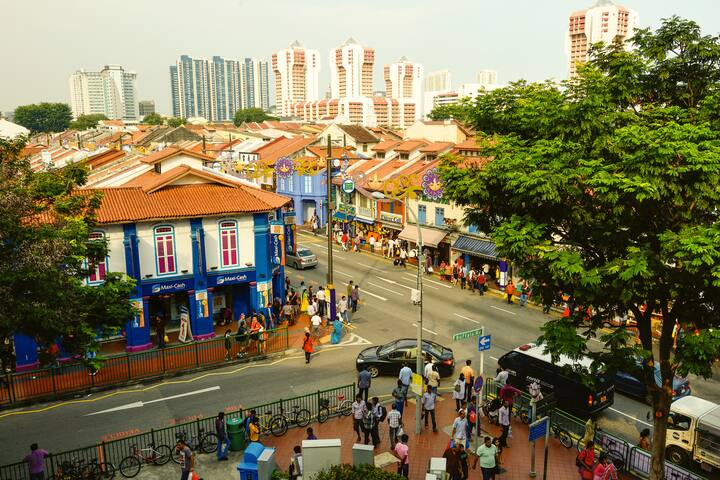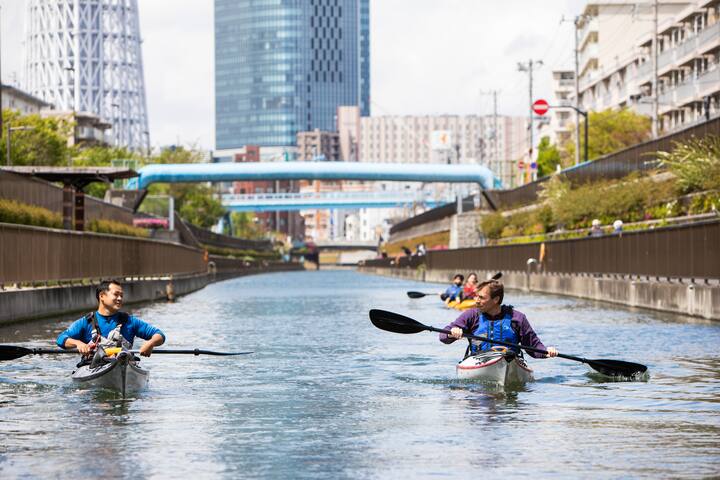Evolving urban destinations across Asia Pacific
New trends in travel, living and working are reshaping cities
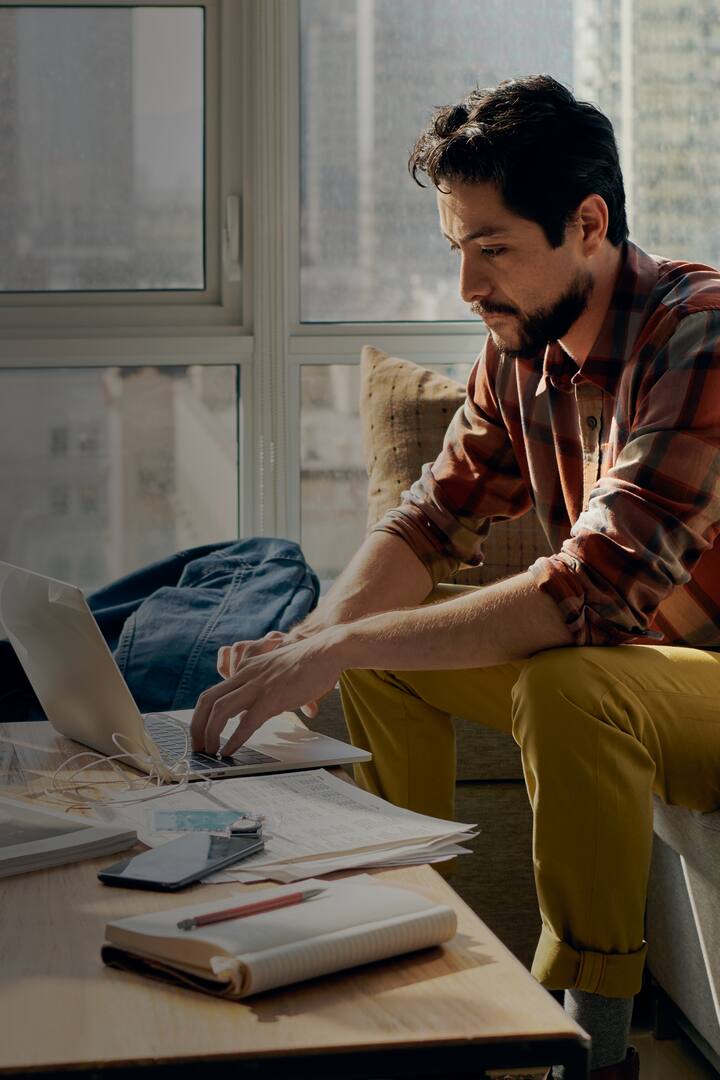
As a result of the COVID-19 pandemic, people are living, traveling and working differently. The rise of remote work and shifting travel patterns are helping to drive increased flexibility and adaptability in urban landscapes, and invite us to think more creatively about the next evolution of our cities.
We've worked with Arup to explore how cities can respond to emerging challenges and opportunities, and best position communities to be more sustainable and resilient as travel recovers around Asia Pacific.
Key insights
This first-of-its-kind white paper is a blueprint which outlines:
1
Ideas for how industry and government can work together to overcome shared sustainability challenges in urban placemaking
2
How local communities can benefit from tourism, bolster economic resilience and address significant challenges e.g. overtourism
3
Tangible solutions that help rethink urban structures and spaces in response to long-term trends in living, working, and traveling
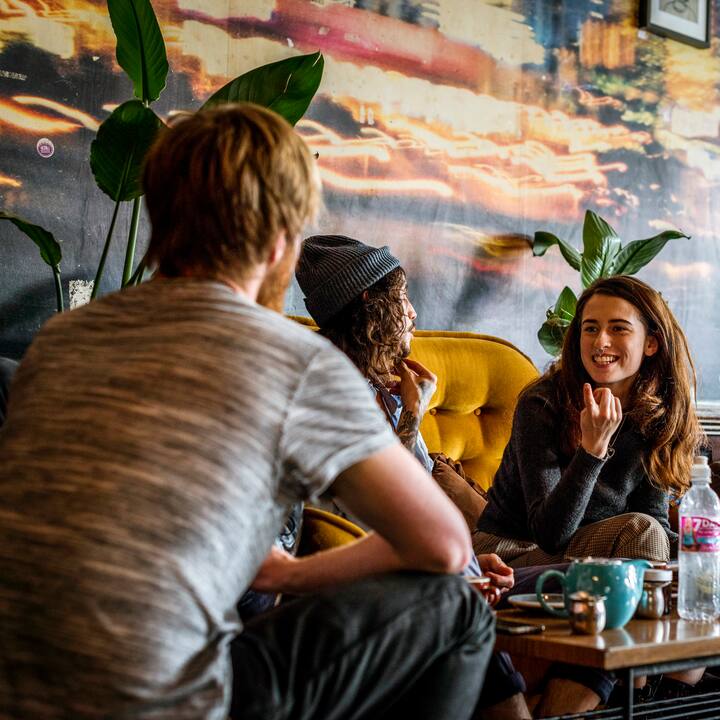
"The return of urban travels, combined with the rise of new forms of tourism and the stickiness of remote work, provide an opportunity for policymakers, planners and the private sector to rethink how cities can adapt to a world which has irremediably changed."
- Arup
The way forward
Ways in which urban communities can be strengthened include pursuing opportunities to:
Repurpose existing real estate
Rethinking land use for both office and living spaces will help achieve sustainability savings, reinvigorate urban spaces and adjust to new working trends
Diversify housing typologies
Enact housing policies that cater to different communities and accommodation needs, e.g. increasing supply of more permanent and affordable housing, and options for remote workers.
Accommodate new remote work practices
Accommodating new live-and-work-anywhere practices, such as workcations and digital nomadism, will help win the global competition for talent
Reimagine city identities
Create diverse and unique travel, lifestyle, and workspace offerings throughout urban landscapes
Better disperse travel within cities
Encourage travel dispersal so that communities big and small can share in the benefits of tourism
Collaborate with local communities
Work closely with local communities to build authentic, diverse, inclusive and sustainable tourism that brings benefits to a broad group of stakeholders
Supporting sustainable urban tourism
We're continuously innovating our product and projects to drive a new form of flexible hosting and travel.
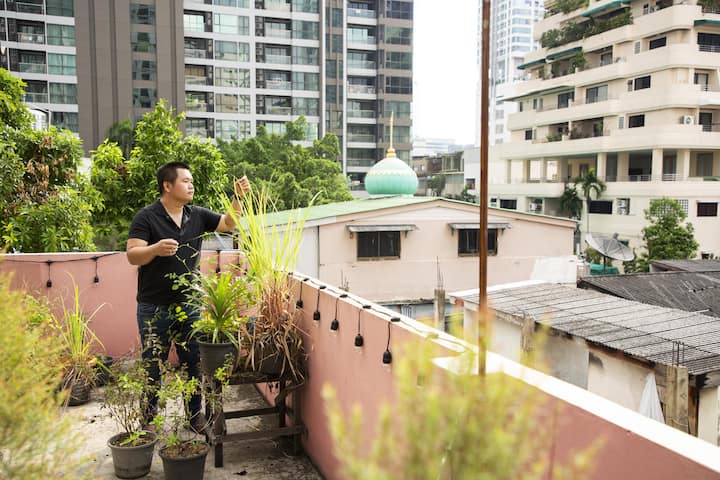
A new way to search on Airbnb for guests who are flexible about where or when they are traveling
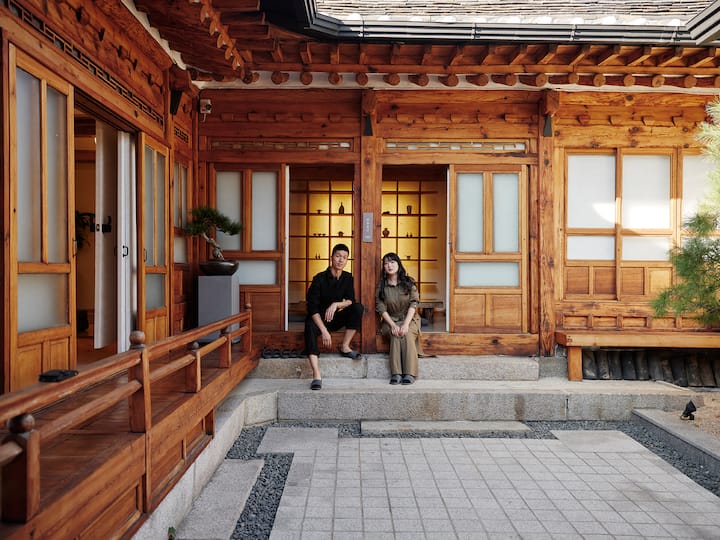
Experience the rich heritage architecture of Korea’s cities through our Hanoks category
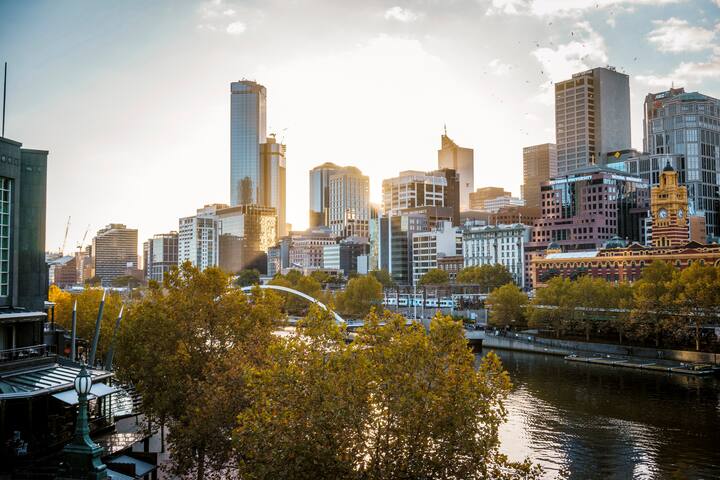
We’re working with building owners to support Airbnb-friendly apartments across the region
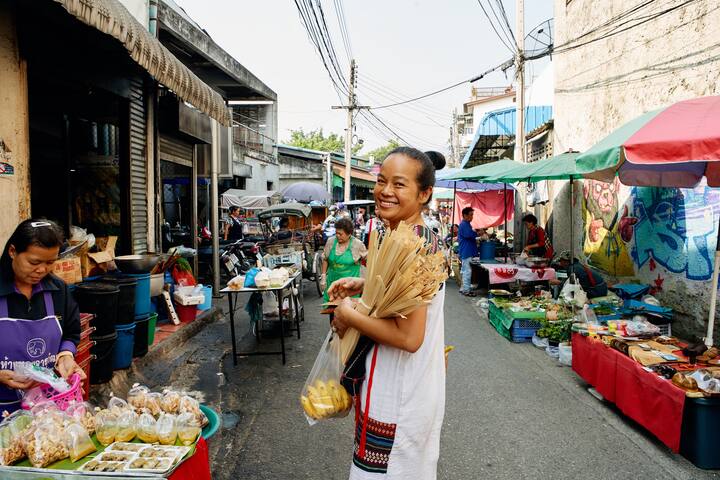
Learn more about our partnerships and projects supporting more conscious tourism in the region
Reach out to us
Airbnb is committed to being an essential partner for cities, by helping create jobs and disperse the benefits of tourism to more neighborhoods and communities. If you are a policymaker or urban placemaker, we would love to continue the conversation - contact us at apac-cities@airbnb.com.
"Mixed-use typologies, such as live-work housing units, serve as a good way of diversifying the economy and boosting economic resilience."
- James Mant, Director of Places and Precincts, Department of Transport and Planning Victoria, Australia
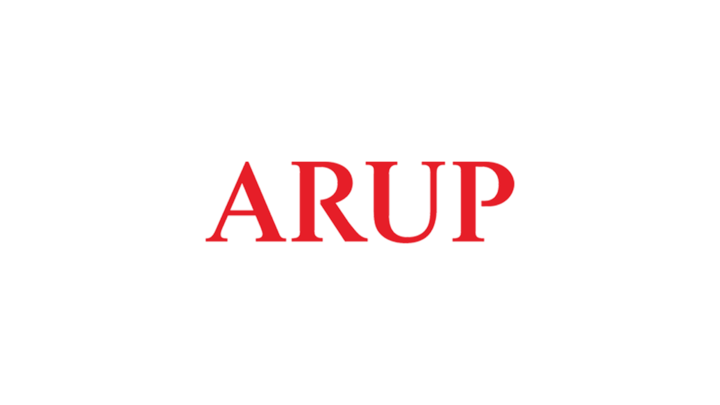
Arup is a global collective of designers, engineering and sustainability consultants, advisors and experts dedicated to sustainable development.
